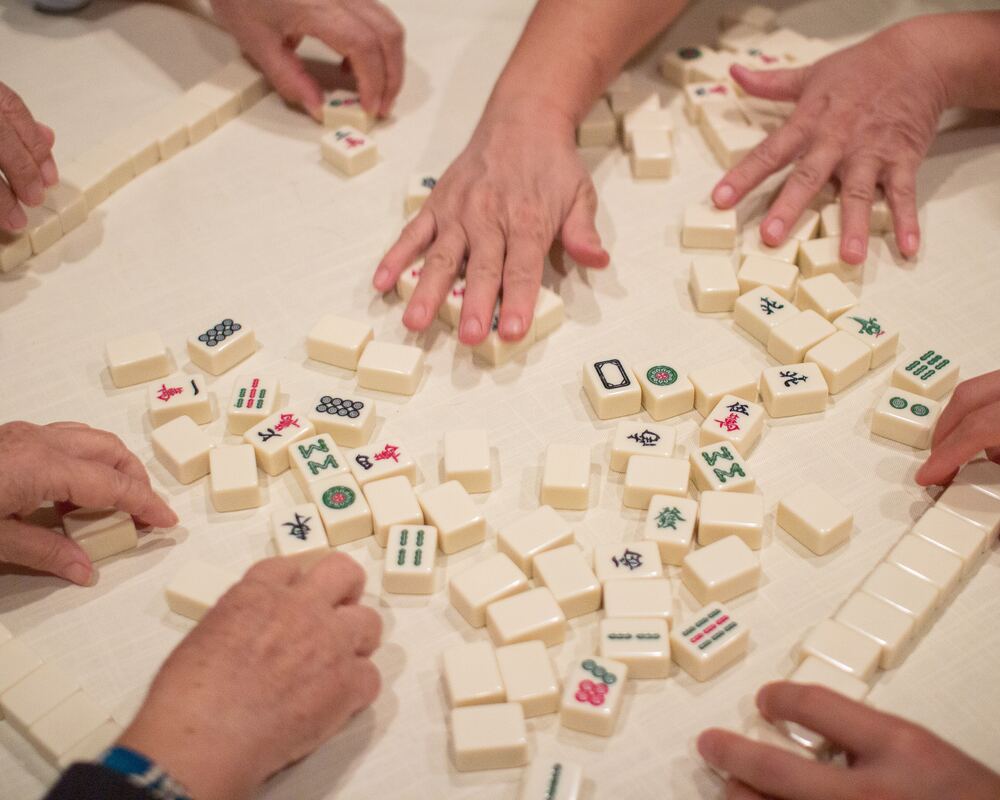By Melissa Walsh
My guess is that the only thing I had ever said to anyone at Chung’s Restaurant was, “Hi. Pick up for Melissa.” Now three decades later, after reading Curtis Chin’s memoir about growing up at Chung’s, I wish that I had allowed curiosity to move me into initiating conversation with those who had served me there — the Chungs and Chins and the friends that worked for them. Who knows. Maybe Curtis Chin himself had on occasion handed me my carryout. Located on Cass and Peterboro in the Chinatown alcove of Detroit’s Cass Corridor, Chung’s was a culinary gem Detroiters prized. Many a local or Wayne State University newbie, like myself, cherished Chung’s egg rolls as the finest on-budget, tasty on-the-go meal around. Despite its location in an area famed for its crime stats and anecdotes — prostitution, drug trafficking, auto theft, arson, and murder, Chung’s served a loyal clientele for 40 years before closing in 2000 as Chinatown’s last Chinese restaurant in operation. Former patrons still remember Chung’s fondly, as demonstrated in online comments reacting to recent articles covering the May 17 purchase of the building. I suspect today’s contempo ilk of the rebranded “Midtown” would have loved Chung’s as much as we did back in the day. I recall driving along Cass looking for a parking spot near Chung’s and thinking, “Wow, hookers do NOT look like that in the movies.” This was one of many educational doses of reality the pre-gentrified Corridor gave me. Curtis Chin and his five siblings were raised with many more Corridor truths, guided by their grandparents and parents. In Everything I Learned, I Learned in a Chinese Restaurant, Curtis — aka “number three,” the third child — brings readers into his point of view and grounds them in the lessons he learned. “The most coveted seats were up front,” Chin shows us, “where five huge windows gave diners a full view of Detroit’s bustling Cass Avenue. At first, I thought these diners were picking those seats for the beautiful scenery. But then I realized they were watching their cars to make sure they weren’t stolen.” Chin witnessed the gradual disrepair of Detroit’s Chinatown and shares with us what that looked like with a child’s lens. As he and his siblings were the only American-born Chinese-American kids in the neighborhood, Chin felt an obligation to become “cultural ambassador” to help them assimilate, schooling them about Detroit’s Motown heritage and playing apologist of the practice of throwing fresh octopus on the ice at Joe Louis Arena. This early sense of self launches Chin’s early drive to figure out exactly who he is and how he fits in. The Chin family moved to the Detroit white middle-class suburb of Troy when Curtis and his older brothers were in secondary school. However, the Chin kids continued spending more time working and studying in their Detroit restaurant than they did attending school and sleeping in Troy. About the same time, Curtis also began becoming aware of his homosexual feelings. Chin shares anecdotes of the sting of racial prejudice he and his family experienced in the burbs and the inner struggle he quietly endured as he worked to untangle his sexual identity with no one to confide in. “One of the most important lessons I learned at the restaurant was about timing," Chin writes about coming out, "when to bring out the soup and egg rolls, when to pick up the dirty plates, when to put out the bill. Everything had an order. Nothing could be rushed.” Though Chin candidly addresses weighty topics, he thoroughly lightens the prose with humor. The memoir's entertaining laugh-out-loud elements push the reader to keep reading. What I loved most were Chin’s stories about his parents. With compassion and wit, he shows us the great depth of his parents’ devotion to their children and the tremendous wisdom that poured from them. I suppose that I had mistakenly assumed all those years ago that it was just the delicious egg rolls that made Chung’s so special. I understand better now. Detroiters adored Chung’s as a place of kindness. It was an oasis for students seeking a quiet place to study with a bottomless cup of tea; prostitutes needing a place to eat, freshen up, and breathe; hungry neighbors running a food tab that might not ever get paid; city of Detroit leaders looking for good, honest conversation. “Yes, my family succeeded because of America,” Chin writes, “but America also succeeded because of us.” I’ll stop here; I don’t want to give too much away from this outstanding memoir (release date October 17, 2023). I recommend that you read this book as soon as it’s available whether you had the pleasure of enjoying Chung’s during its 40-year run or not. Curtis Chin did the world a good service by capturing what his family taught him so well: “Work hard. Be quiet. Obey your elders.” In other words, Chin’s memoir shows us that honoring persistence, humility, and respect for others goes a long way. Learn more about Curtis Chin’s work here: Curtis from Detroit. © 2023 Melissa Walsh
0 Comments
Leave a Reply. |
Categories
All
Like what you've read? Become a supporter.
Thank you.
Archives
June 2023
|

 RSS Feed
RSS Feed
